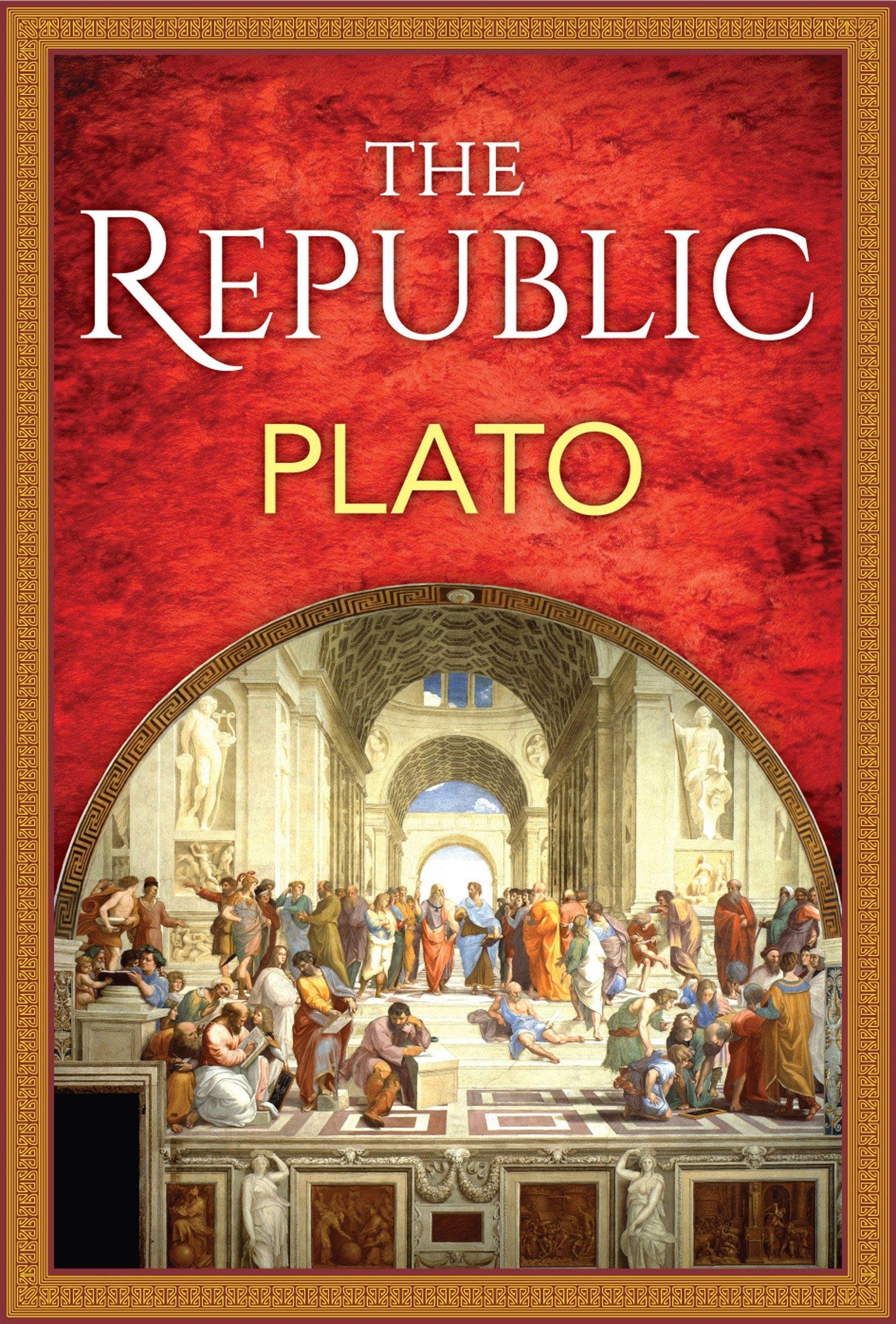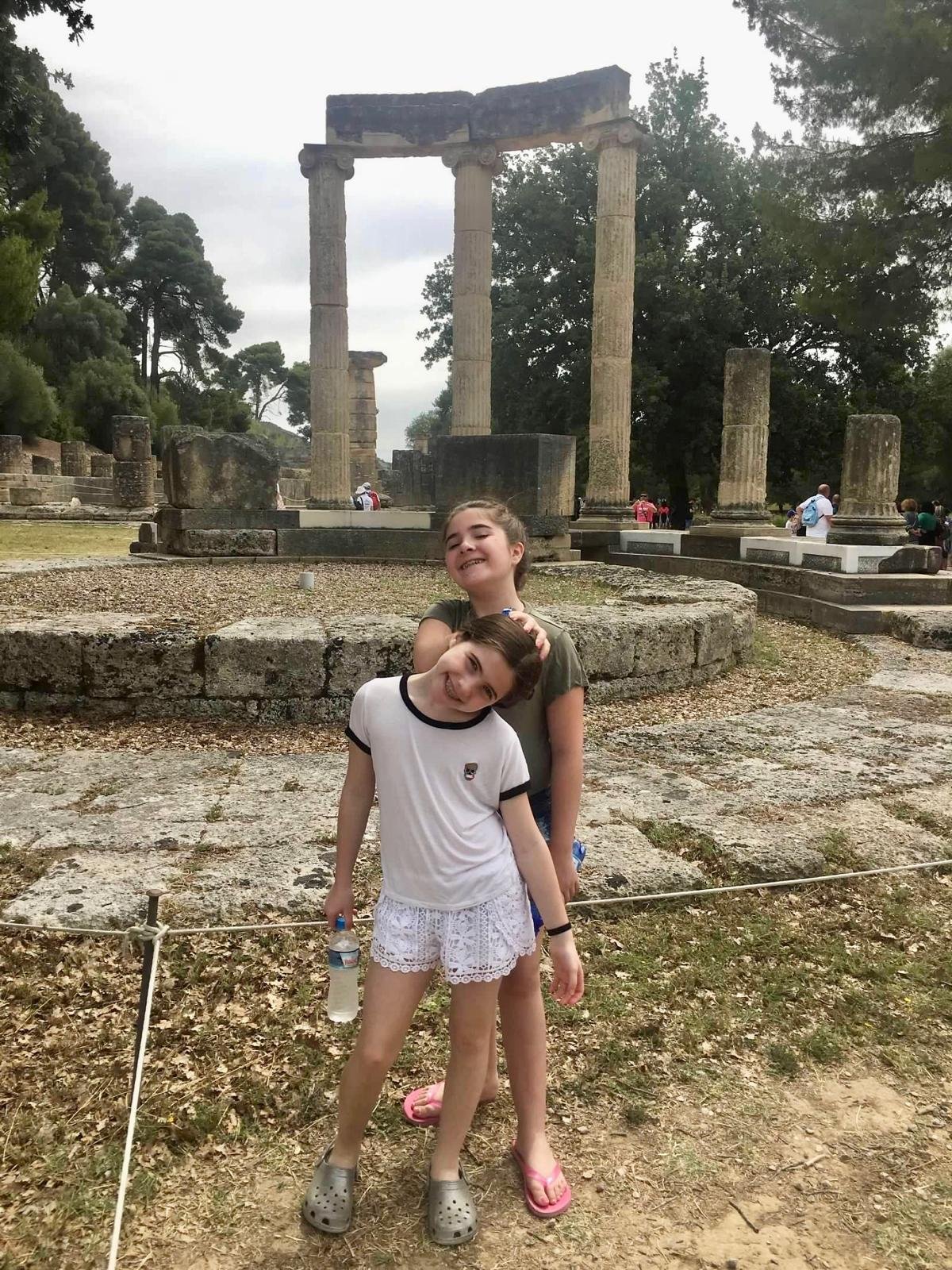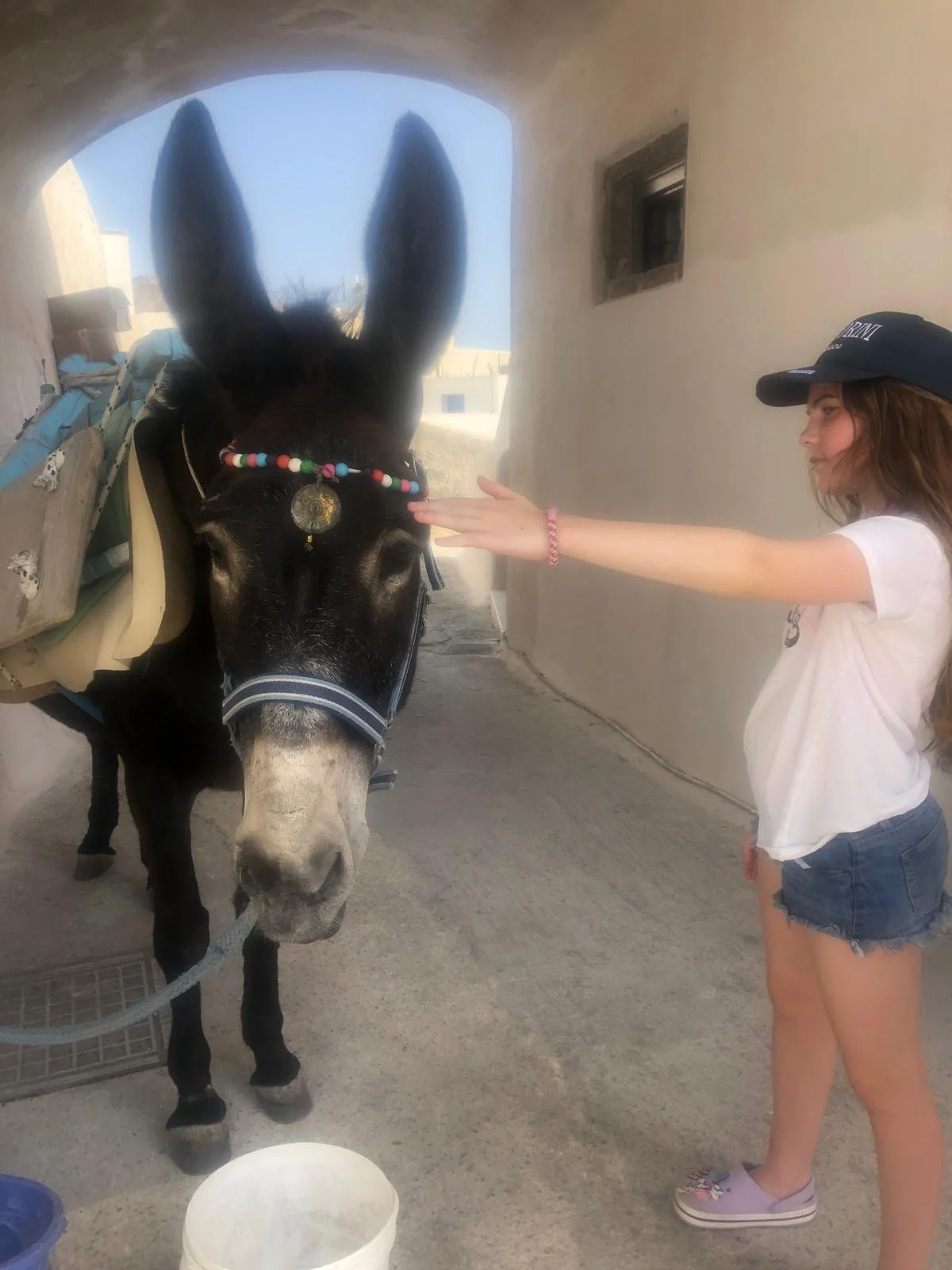WELCOME TO
Where ancient wisdom meets modern learning for everyone, for free.
COGNI CLASSICS
ABOUT ME
MY STORYI'm Lila, and my love affair with Classics began in 7th grade. It's more than just a subject; it's a passion that's shaped my entire academic journey and beyond.
Classics isn't just about dusty old books and ancient history. It's a key that unlocks so much more. Understanding the roots of words and ideas can help you make connections across all sorts of subjects. Want to get smarter faster? Study the Classics!
But here's the (modern day!) tragedy: Classics is being cut from so many school curriculums, especially in public schools. That's why I've made it my personal mission to democratize and promote the subject. I want to show everyone how fun learning can be and make it accessible to all – no matter your background or resources.
On this site, you'll find free resources, games I'm designing (because learning should be fun!), and a growing community of fellow Classics enthusiasts. The best part? It's all 100% free. I am convinced that one you start, you'll be just as hooked as I am!
Optime vale!
MISSION
CogniClassics is dedicated to proving the immense value of classical education in enhancing cognitive abilities. We believe that a strong foundation in the classics can significantly improve overall academic performance and critical thinking skills.
Benefits of Classical Education
Improved vocabulary and language skills
Enhanced critical thinking and analytical abilities
Better performance in standardized tests
Deeper understanding of various subjects
Increased cultural literacy
INTERACTIVE GAMES
(Designed By Me!)
CHECK OUT MY WEBSITE:
UNCENSORED SOUND
A platform where we have lessons to connect classic influences to contemporary music.
I promise, it's fun!
Online Games
1
2
3
4
5
6
DID YOU KNOW?
As of 2017, only about 0.7% of high school students in the United States were enrolled in Latin courses. Source: American Councils for International Education, The National K-12 Foreign Language Enrollment Survey Report, 2017
In 2016, students who took the SAT Latin Subject test scored an average of 666 on the SAT Critical Reading test, compared to the national average of 494.
Source: College Board, 2016 College-Bound Seniors Total Group Profile Report
In 2018, Classics majors scored an average of 159 on the Verbal Reasoning section of the GRE, higher than the mean score of 150.75 across all majors. Source: Educational Testing Service, GRE Guide to the Use of Scores, 2018-19
A 2015 study found that students who studied Latin in high school performed better in college-level language courses compared to those who studied other languages.
Source: Goodrich, R. A., "Latin in the Modern World: Student Perspectives on Classical Language Education", Journal of Classics Teaching, 16(32), 2015
A 2020 study found that students who studied Latin had significantly higher scores on the SAT's Evidence-Based Reading and Writing section compared to the national average. Source: National Committee for Latin and Greek, The Relevance of Latin and Greek in Today's World, 2020
In 2018, students who took the AP Latin exam had an average SAT score of 1353, compared to the national average of 1068. Source: College Board, AP Program Participation and Performance Data 2018
In 2019, 64% of medical school admissions officers reported that applicants with a background in Latin or Greek had an advantage in understanding medical terminology.
Source: Association of American Medical Colleges, Medical School Admission Requirements Report, 2019
In 2020, students who participated in the National Latin Exam scored an average of 12% higher on standardized reading comprehension tests compared to their peers. Source: American Classical League, National Latin Exam Results Analysis, 2020
A 2019 study found that students who studied classical languages were 25% more likely to pursue advanced degrees in humanities and social sciences. Source: Higher Education Statistics Agency, Graduate Outcomes Survey 2019
In 2021, schools that incorporated classical education methods reported a 18% increase in student engagement across all subjects. Source: National Center for Education Statistics, School Survey on Classical Education, 2021
A 2018 neuroimaging study found that learning Latin activated brain regions associated with logical thinking and problem-solving more than learning other languages. Source: Neurolinguistics Journal, "Brain Activity Patterns in Language Learning", Vol. 42, 2018
In 2022, 82% of students who studied Latin reported improved performance in English grammar and composition. Source: National Latin Survey, Student Outcomes Report, 2022
RESOURCES
Recommended Reading
Recent books on the Classics that serve as good introductions, blending modern perspectives with ancient insights:
(Note: Great account exploring roots of modern attitudes toward women in classical antiquity using examples from classical history and literature to examine how women’s roles have been constructed.)
Online Courses
Introduction
to Latin
Philosophy
of Ancient Greece
Classical Rhetoric for Modern Discourse:
Classical Rhetoric for Modern Discourse:
CogniClassics Blog
THROUGH THE YEARS
Corfu 2015
Olympia 2016
Olympia 2016
Olympia 2016
Rhodes 2017
Rhodes 2017
Rhodes 2017
Rhodes 2017
Greek island hopping 2018
Santorini 2019
Paros 2021
Paros 2021
Santorini 2021
Corfu 2022
Kefalonia 2023
Santorini 2023
Crete 2024
Rome 2024
Rome 2024
Rome 2024
Rome 2024
Rome 2024
Rome 2024
Rome 2024
Sanctuary of Cybele at Daskalopetra (Homer's Rock) 2017
Athens 2017
Zakynthos 2022
Zakynthos 2022
Rome 2024



























































































